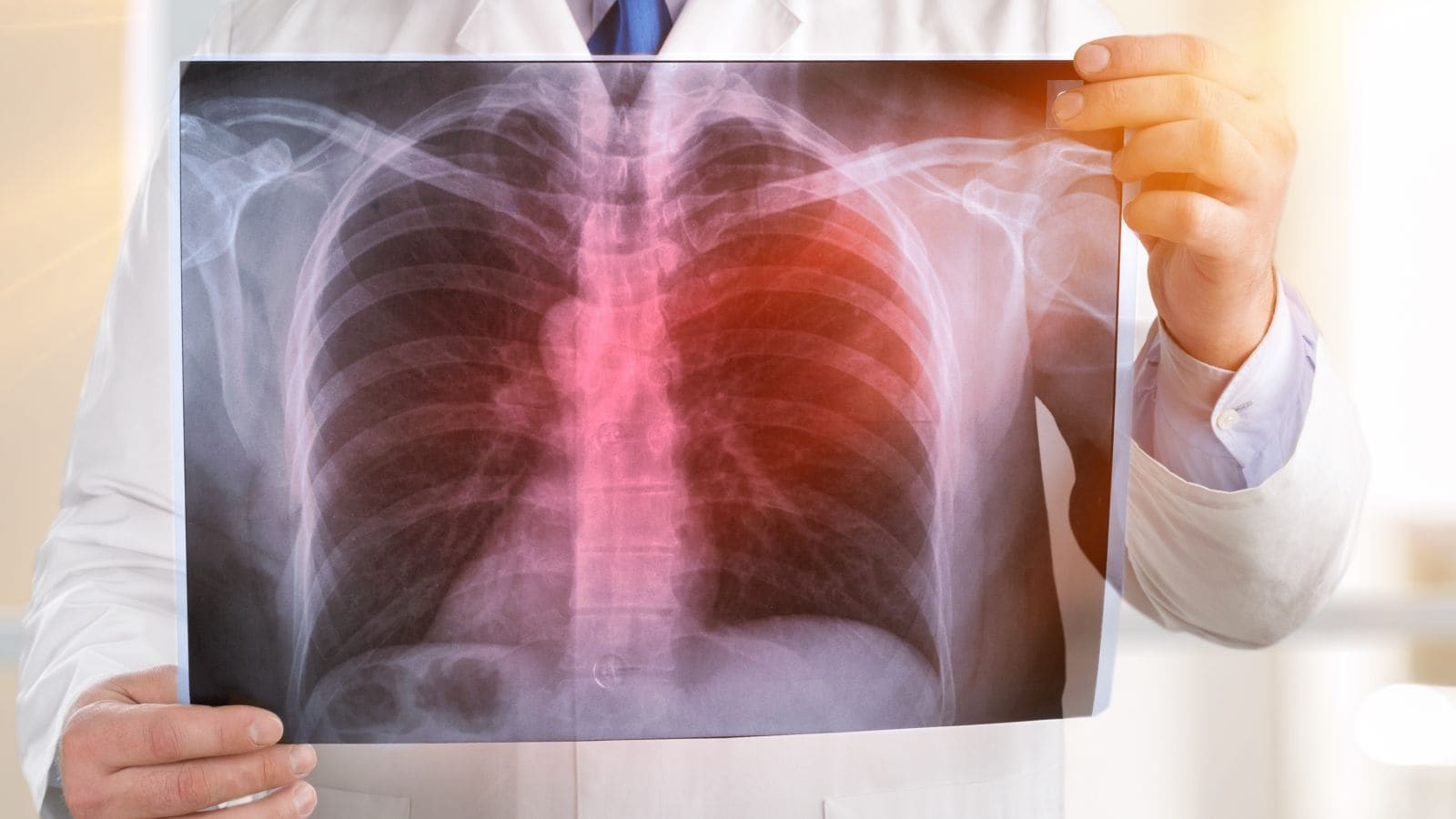Zakir Hussain, a renowned tabla player, passed away due to complications from idiopathic pulmonary fibrosis. Here’s what this means.
The world of music witnessed a terrible loss with the passing away of the legendary tabla maestro Zakir Hussain, at the age of 73, in San Francisco. He was admitted to the hospital and died due to complications from idiopathic pulmonary fibrosis, his family announced on Monday. He had been in the hospital for two weeks and was transferred to the intensive care unit (ICU) when his condition worsened. Hussain’s sister, Khurshid Aulia, stated that he passed away “very peacefully after the ventilation machine was turned off. This was at 4 pm in San Francisco time,” she told the news reporters.
Zakir Hussain was admitted due to blood pressure
According to reports, Zakir Hussain was having blood pressure issues and was admitted to the hospital two weeks back, his manager Nirmala Bachani was quoted as saying. There were reports on Sunday of Hussain passing away which were dismissed by his publicist. His family had sought prayers from his fans all over the world for his recovery.
His family put out an official statement about his passing on Monday. It stated, “His prolific work as a teacher, mentor and educator has left an indelible mark on countless musicians. He hoped to inspire the next generation to go further. He leaves behind an unparalleled legacy as a cultural ambassador and one of the greatest musicians of all time.”
He was born on March 9, 1951, and was the son of renowned tabla instructor Ustad Alla Rakha. He is survived by his wife Antonia Minnecola, and two daughters, Anisa and Isabella Qureshi.
What is idiopathic pulmonary fibrosis?
Idiopathic pulmonary fibrosis (IPF) is a chronic lung disease that causes progressive scarring of the lungs. The air sacs (alveoli) exchange oxygen and carbon dioxide in healthy lungs. In IPF, these air sacs become thickened and stiff due to scar tissue formation, making it difficult for oxygen to pass through, as found in a study published by StatPearls. This leads to shortness of breath, dry cough, and fatigue, which worsen over time. While there is no cure for IPF, certain medications and therapies can help slow the progression of the disease and manage symptoms.

Symptoms of idiopathic pulmonary fibrosis
Here are some common symptoms, as found in a study published in the Orphanet Journal of Rare Diseases:
- Shortness of breath is usually the first symptom to appear, initially noticed during exertion but can progress to even at rest.
- A persistent dry cough that doesn’t produce phlegm is characteristic of IPF.
- Feeling unusually tired, even after minimal activity.
- As the disease progresses, breathing may become faster and shallower.
- Unexplained weight loss can occur due to difficulty breathing and reduced appetite.
- In some cases, the tips of the fingers and toes may become enlarged and rounded (clubbing).
Causes of idiopathic pulmonary fibrosis
Here are some common causes of idiopathic pulmonary fibrosis.
1. Smoking
Smoking is a significant risk factor for the development of idiopathic pulmonary fibrosis (IPF), as found in a study published by BMC Report. While the exact mechanisms are not fully understood, it is believed that the harmful chemicals in cigarette smoke can damage the delicate tissues of the lungs, leading to inflammation and scarring. This chronic irritation and injury can trigger a cascade of events that ultimately result in the formation of scar tissue, a major cause of concern for IPF.
It is important to note that this risk is not limited to current smokers. Former smokers also have an increased risk of developing IPF compared to those who have never smoked. The longer and more heavily a person smokes, the greater their risk of developing IPF.

2. Environmental exposures
Exposure to certain environmental factors can significantly increase the risk of developing idiopathic pulmonary fibrosis (IPF). These include industrial specks of dust, chemicals, and fumes. “Inhaling particles like silica (found in sand, stone, and concrete), asbestos, and coal dust, common in construction, mining, and manufacturing, can cause chronic inflammation and scarring in the lungs,” says general physician Dr Tushar Tayal. Exposure to certain chemicals, such as those used in agriculture, can also damage lung tissue. Inhaling fumes from welding, soldering, or certain industrial processes can irritate the lungs and contribute to the development of IPF.
The extent of risk varies depending on the specific substance, the duration and intensity of exposure, and people working in environments with potential exposures should take necessary precautions, such as wearing appropriate protective gear and ensuring adequate ventilation.
3. Gastroesophageal reflux disease (GERD)
Gastroesophageal reflux disease (GERD) is a chronic condition where stomach acid flows back up into the esophagus, causing heartburn and other symptoms. According to a study published by the journal Respiratory Medicine found that GERD can be an important contributing factor to the development of lung fibrosis. It is important to note that while GERD may be a contributing factor for some people, it is not the sole cause of IPF. Other factors, such as smoking and environmental exposures, also play significant roles in the development of this complex lung disease.
How to prevent idiopathic pulmonary fibrosis?
Here are some easy prevention tips you can follow to minimise the risk.
- Smoking is a major risk factor for IPF. Quitting smoking is crucial for lung health and can significantly reduce your risk of developing this disease.
- Minimise exposure to environmental irritants such as industrial dust, chemicals, and fumes. Wear appropriate protective gear when necessary and ensure adequate ventilation in work environments.
- If you have GERD, work with your doctor to manage your condition effectively. This may involve lifestyle changes, medications, or other treatments to reduce acid reflux.
- Maintain a healthy lifestyle by eating a balanced diet rich in fruits, vegetables, and whole grains. Exercise regularly to maintain lung function and overall health. Get enough sleep to support your immune system.
Note: Remember, these are general prevention tips. If you have specific concerns about your risk for IPF, consult with a healthcare professional for personalised guidance.
Get latest updates on health and wellness along with Health News
#Zakir #Hussain #passes #due #idiopathic #pulmonary #fibrosis
